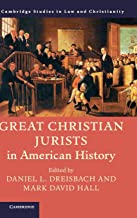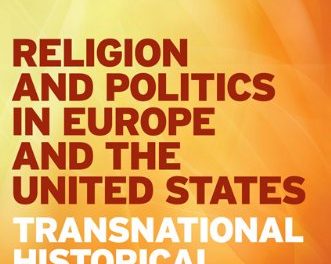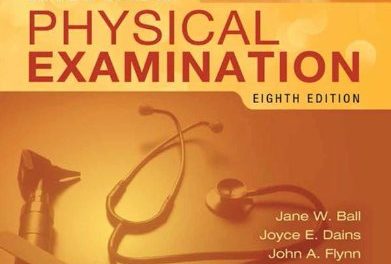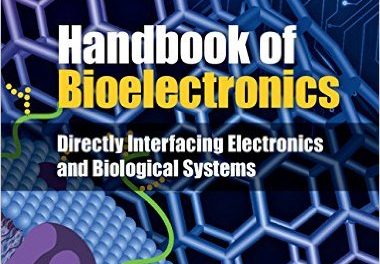 Editors: Daniel L. Dreischbach and Mark David Hall
Editors: Daniel L. Dreischbach and Mark David Hall
Publisher: Cambridge University Press – 336 pages
Book Review by: Sonu Chandiram
From the days of the earliest settlements in North America, Christianity has had a profound effect and influence on culture, law, relationships, and rights. The first settlers were Catholics, Protestants, and members of other Christian sects, so what they believed to be important to harmonious living, varied.
Each of these pious groups of men and women had nuanced ideas about how their faiths should interpret the law when it came to their own rights and those of others in their communities.
Nineteen specialists in Christianity, history, law, political science, religion, and other fields authored or coauthored the chapters of this book. We list them below to provide you an overview of its contents:
Introduction: Christianity and American Law
- John Cotton and Roger Williams
- John Winthrop and the Covenantal Ideal
- Friendly Laws: William Penn’s Christian Jurisprudence
- The Friendly Jurisprudence and Early Feminism of John Dickinson
- Roger Sherman, Oliver Ellsworth, and the Formation of America’s Constitutional Order
- John Jay: The First Chief Justice
- James Wilson
- Was Justice Joseph Story a Christian Constitutionalist?
- Harvard’s Evangelist of Evidence: Simon Greenleaf’s Christian Common Sense
- John Marshall Harlan the Elder
- Judicial Conservatism and Protestant Faith: The Case of Justice David J. Brewer
- John T. Noonan Jr.: Catholic Jurist and Judge
- The Integrative Christian Jurisprudence of Harold J. Berman and John Witte, Jr.
- Antonin Scalia: Devout Christian; Worldly Judge?
- The Insights and Transitions of Mary and Glendon
- A Reformed Liberalism: Michael McConnell’s Contributions to Christian Jurisprudence
- The Jurisprudence of Robert P. George
This book on Christian jurists’ influences on how the legal system developed through American history is a highly informative and illuminating one. The intersections between Christian thought and law revealed through the course of this book shed much light on what rights were considered crucial, and were eventually enshrined in the United States Constitution. This is a great book that provides much insight on the Christian nature of U.S. law, and its origins and development.
Editors:
Daniel L. Dreischbach is a professor in the School of Public Affairs at American University in Washington DC. His research interests include the intersection of religion, law, and politics in American public life. He has edited or authored ten books including Thomas Jefferson and the Wall of Separation Between Church and State (2002) and Reading the Bible with the Founding Fathers (2017). He has published numerous book chapters, reviews and article in scholarly journals, including American Journal of Legal History, Journal of Church and State, Politics, and Religion, and William and Mary Quarterly.
Mark David Hall is Herbert Hoover Distinguished Professor of Politics and Faculty Fellow in the William Penn Honors Program at George Fox University in Newberg, Oregon. Mark has written, edited, or co-edited a dozen books, including Did America Have a Christian Founding?: Separating Modern Myth From Historical Truth (2019); Roger Sherman and the Creation of the American Republic (2013): and The Second Rights of Conscience: Selected Readings on Religious Liberty and Church-State Relations in the American Founding (2009).






